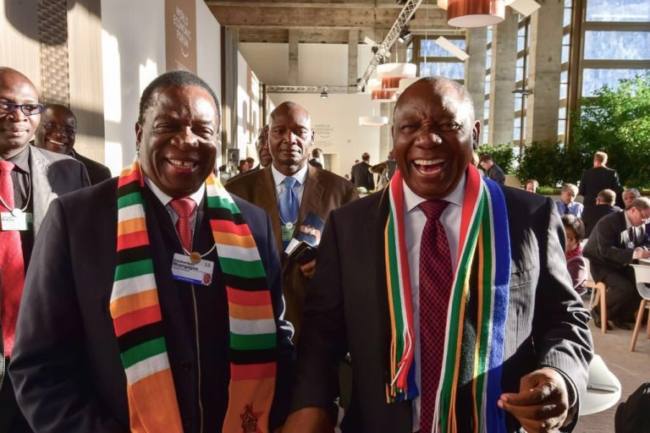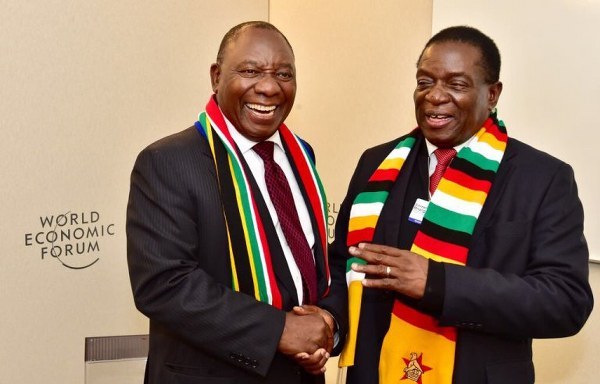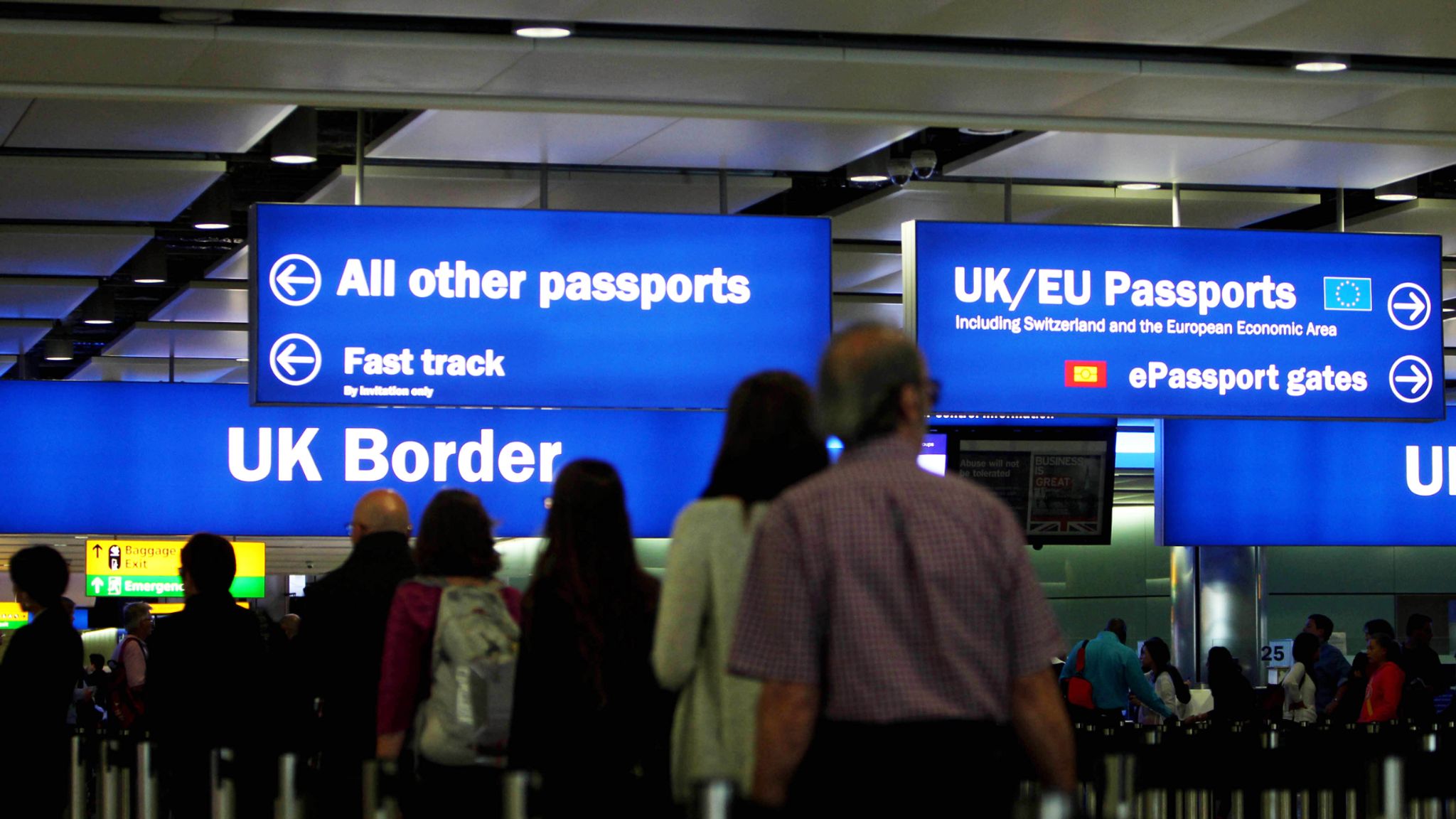
President Emmerson Mnangagwa
ZIMBABWE has failed to make the inaugural top 100 list of the World Economic Forum (WEF)’s Readiness for the Future of Production Report, which profiles countries considered to be ready to benefit from emerging technology which is changing the nature of industrial production.
The WEF this year invited Zimbabwe’s President Emmerson Mnangagwa to attend its annual meetings, currently underway in Davos, Switzerland.
Mnangagwa has vowed to open the economy up and implement reforms long resisted by his predecessor, Robert Mugabe.
The report, the first ever to assess the readiness of world economies to adopt to the ever-changing technological developments, was published on January 12 and includes 16 African countries.
Among the countries that made it to the list are Zimbabwe’s neighbours, South Africa, Zambia and Botswana.
The report evaluates 100 countries on a scale of zero (worst score) to 10 (best score) across both the structure of production and the drivers of production components.
“As the fourth industrial revolution gathers momentum, decision-makers from the public and private sectors are confronted with a new set of uncertainties regarding the future of production. Rapidly emerging technologies — such as the internet of things, artificial intelligence, wearables, robotics and additive manufacturing — are spurring the development of new production techniques, business models and value chains that will fundamentally transform global production,” says the report.
“Both the speed and scope of change add a layer of complexity to the already challenging task of developing and implementing industrial strategies that promote productivity and inclusive growth. The report seeks to build awareness on the factors and conditions required to transform production systems and help countries assess readiness for the future.”
- Zimbabwe President Mnangagwa Says No Immunity For Former First Lady Grace Mugabe
Of the African economies that made it to the list, South Africa scored 5,03 points to emerge on position 45 on the structure of production and scored 5,02 point on the drivers of production to land position 49.
Mauritius also performed well with scores of 73 and 39 respectively.
Botswana made a structure of production score of 3,17 (86th) and a drivers of production score of 4,43 (69th) while Zambia’s scores were 2,39 (92nd) and 3,54 (95th) respectively.
The other African countries that made it to the list are Kenya, Uganda, Tanzania, Ghana, Nigeria, Tunisia, Algeria, Egypt, Senegal, Morocco, Ethiopia and Cameroon.
The report analyses and presents the results of the first edition of the Readiness for the Future of Production Assessment, which measures how well positioned 100 countries and economies — across all geographies and stages of development — are to shape and benefit from the changing nature of production through the adoption of emerging technology. It serves as a new benchmarking and diagnostic tool to catalyse multi-stakeholder dialogue, shape joint actions and inform the development of modern industrial strategies.
“The nature of production is undergoing unprecedented change as new technologies transform cost structures, make new business models and methods of production available, and bring entirely new products and services to market,” the report said.
“Building on its competence in global benchmarking, notably in competitiveness, human capital, trade facilitation and digital readiness, the World Economic Forum developed a proposal for a new benchmarking framework to help countries assess the extent to which they are ‘ready’ or well positioned to shape and benefit from the changing nature of production.”
All the 16 African countries that appeared on the list are in the bottom 58, with economies classified as “nascent” when it comes to their readiness to adopting the technological changes.
Germany tops the list and the other countries that fared well on the list are the United States of America, the United Kingdom, Switzerland, Sweden, the Netherlands, Singapore and China.
“The output of the readiness tool will be a set of country profiles benchmarking economies and allowing decision-makers to identify the most pressing issues that require investment and action to respond to the fourth industrial revolution. Likewise, by identifying the current conditions critical to future readiness, the country profiles will allow stakeholders to have a sense of the speed of change and the effect of investments in the critical levers identified,” said the WEF.-Fingaz






